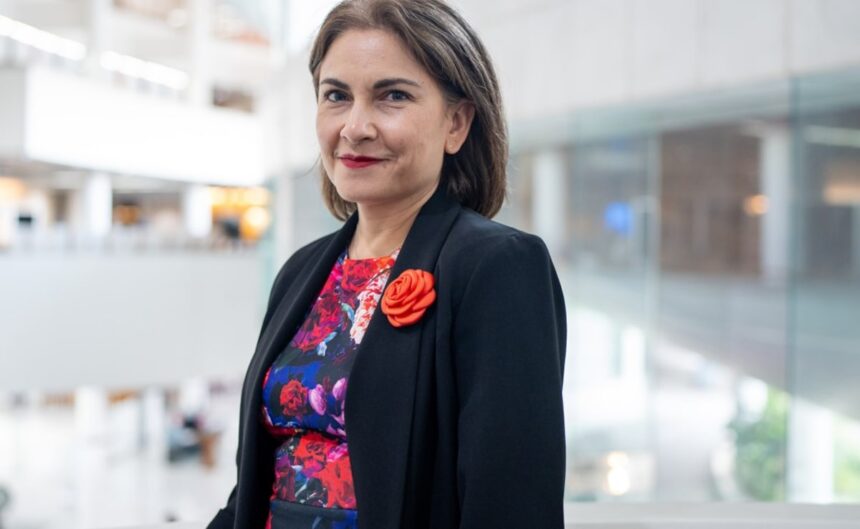Bangkok, Thailand: In a recent interview with NDTV, Melissa Alvarado, Regional Programme Manager for Ending Violence Against Women at UN Women, highlighted the necessity of a survivor-centric approach in the development of laws and regulations to combat violence against women. Alvarado emphasized the importance of incorporating the voices and experiences of survivors in the formulation of policies aimed at addressing gender-based violence.
“Survivors may not possess expertise in legal matters related to violence, but they are experts in their own lived experiences,” Alvarado stated. “It is crucial to listen attentively to them and shape our laws and practices based on their narratives.”
Alvarado also stressed the significance of establishing a robust feedback mechanism to assess the effectiveness of laws and policies. She emphasized that survivor input is essential in refining and enhancing legal frameworks intended to safeguard women from violence.
Identifying Vulnerable Women
Alvarado underscored the importance of identifying women at risk before they fall victim to violence. She noted that many victims do not reach out to existing support systems, such as hotlines and healthcare facilities, due to fear, stigma, or lack of awareness. “Laws and regulations should not only cater to those who report violence but also to those who do not,” she remarked, highlighting the need for preventive measures targeting vulnerable women before situations escalate.
She emphasized the necessity of preventing severe forms of violence, such as domestic abuse leading to murder or rape. Early detection of high-risk scenarios, according to Alvarado, is crucial in averting these tragic outcomes.
UN data indicates that there are 1,583 legislative measures across 193 countries addressing violence against women.
Impact of Conflict and Crises on Women
Alvarado also discussed the heightened vulnerability of women in conflict zones or during crises, pointing out that they are often disproportionately affected by violence in such circumstances. She emphasized the integration of women’s perspectives into crisis planning and response efforts, as well as the establishment of social protection systems specifically addressing the risks faced by women in times of crisis.
“It is essential to ensure that women, women’s rights organizations, disability rights groups, and LGBTQ+ activists are included in crisis preparedness and planning for the next climate disaster or other emergencies,” Alvarado emphasized.
UN Women data reveals that 70% of women in conflict, war, and humanitarian crises experience gender-based violence.
Addressing Workplace Violence
Alvarado urged businesses to adopt a “zero-tolerance” policy towards workplace violence against women. She emphasized the critical role that companies play in creating safe environments for female employees and customers.
In addition to enforcing zero-tolerance policies, Alvarado recommended that companies provide training for employees to recognize signs of violence and offer support to customers experiencing abuse.







